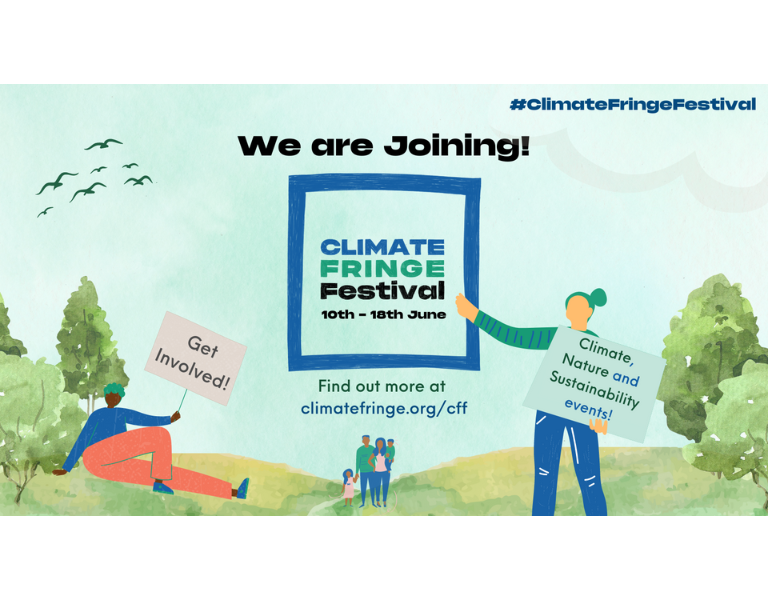
David Eyre
Communications Officer, Poverty Alliance
The Climate Fringe is an important moment for us to think about how Scotland can play our part in the movement to protect us from climate chaos.
We believe that tackling poverty and reaching our net zero ambitions should be shared and interlinked priorities. However, we are concerned that the Scottish Government’s climate action hasn’t yet placed tackling poverty and inequality at its heart.
The Government is consulting just now on its draft Energy Strategy and Just Transition Plan. Our response is clear - the Government's plans lack detail in too many areas, putting at risk the benefits that could flow to all of us from new energy models - and especially to those on low incomes.
Warm homes save people money. The Existing Homes Alliance has pointed out that if every home in Scotland was brought up to an Energy Performance Certificate C standard, the savings would amount to just under £500 million every year. That's money that low income households could use to meet other vital needs.
But to get there, we need Government to invest. In the most recent Scottish Budget, the Existing Homes Alliance called for £265 million for fuel poverty and energy efficiency: the end budget was only £192 million. If we are serious about fitting out our homes for the future, we need investment to match our ambition. A nationwide programme of local schemes to upgrade energy efficiency - free to those on low incomes, and with at-cost loans for others - is badly needed.
The Scottish Government can invest in social housing, because these homes are leading the way in the move towards better energy standards. But the most recent Scottish Budget cut social housing investment by 16%.
We can put in place regulation for the public good, so that private landlords are covered by the same energy efficiency standards as social landlords - with those standards increasing over time. That will help protect private tenants,
For Scotland to meet its climate targets, we must reduce car use by at least 20%. In order to achieve that we can urgently expand free bus transport in line with our Everyone Aboard campaign. It will help those on the lowest incomes the most, and is the kind of action we need to shift people away from car use and towards public transport.
We can make sure that every community can get a stake in renewable energy, so that the benefits can be used to invest in community infrastructure. But the strategy is short on detail as to how we can make that a reality, especially for the most disadvantaged communities.
Lastly, there is a significant lack of detail to address support for people living in rural communities who are not connected to mains supply. This has important impacts on rates of fuel poverty in rural communities.
Even prior to the cost of living crisis, over 40% of people in Na h-Eileanan Siar were in fuel poverty with poor energy efficiency of housing identified as a key cause. This has been estimated to have risen to as much as 57% this winter. Recent research from IPSOS has also shown that while there is some support for households to change fuel type or make a property more energy efficient, households in the Highlands and Islands face barriers with cost, accessing tradespeople, and infrastructure.
A focused strategy looking at upgrading the energy efficiency of homes in rural localities must be developed, with the voices of people living in rural communities at the centre of consultation.
The climate crisis poses the single biggest risk to humanity and strategies to tackle it must be bold. The climate emergency and poverty are closely linked. Rising energy costs, cold and damp homes, and expensive and inefficient transport all add to people's poverty, while pouring more carbon into the atmosphere.
After this consultation, we hope that the Scottish Government will have listened, and created a bold, visionary, adequately resourced plan for a net-zero Scotland.


Enter your email address to receive regular e-updates about our work. If at any time you want to stop receiving these, simply contact us. We’ll keep your details safe and won’t share them with any other organisations for their marketing purposes. For full details see our Privacy Policy.